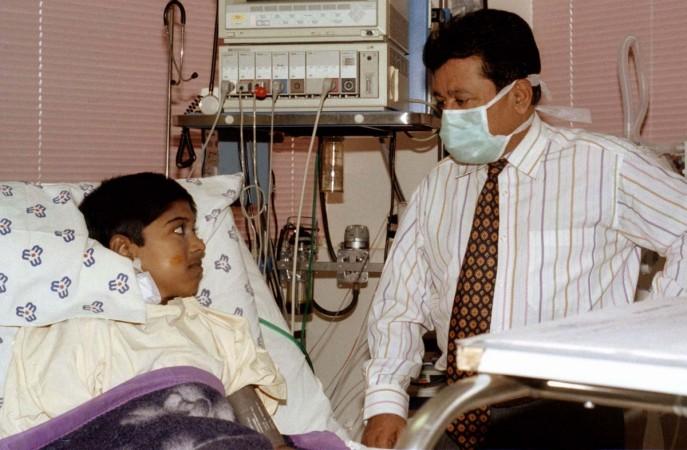
The burden of non-communicable diseases (NCD) such as cancer, diabetes and heart ailments in India has reached such an extent that one in four Indians (25 percent) is now at a risk of prematurely dying from such illnesses, the World Health Organisation (WHO) said.
Globally, the premature deaths due to NCDs constituted 70 percent of mortalities in 2015 as compared to 42 percent in 2012, the WHO's recent report on NCDs said.
The rising number of NCD cases in India has made it all the more difficult for the country to achieve its sustainable development goal of reducing premature deaths due to such diseases by 30 percent by 2030.
A recent report by Deloitte India and Healthcare Federation of India (NAT Health) has said that NCDs like diabetes, heart diseases and respiratory diseases are expected to comprise more than 75 percent of India's disease burden by 2025, compared to 45 percent in 2010.
India, known as the diabetes capital of the world, had 46 million diabetics in 2015 compared to 38 million diabetics in 2010.
The number of patients suffering from coronary heart disease increased to 62 million in 2015 from 47 million in 2010.
Around 23 million patients suffered from Chronic Obstructive Pulmonary Disease — the second leading cause of death in India — in 2015 compared to 21 million in 2010.
The WHO has said that some of the economically low-ranking countries of the world have shown the way when it comes to battling the NCDs.
"Countries, including some of the poorest, are showing it is feasible to make progress and reduce premature deaths from NCDs. But that progress, particularly in low and middle-income countries, is insufficient and uneven," Oleg Chestnov, assistant director-general at WHO said.
Higher taxes on tobacco and alcohol, according to the world health agency, has also become the potent way to tackle the burden of chronic illnesses.
However, countries like China and India, according to the United Nations, would have to step up their efforts to meet the global targets of reducing diseases burden.





!['Kaise ho bhai..': PM Modi shook hands with Akshay Kumar at a media summit in Delhi [Watch]](https://data1.ibtimes.co.in/en/full/806317/kaise-ho-bhai-pm-modi-shook-hands-akshay-kumar-media-summit-delhi-watch.jpg?w=220&h=138)











